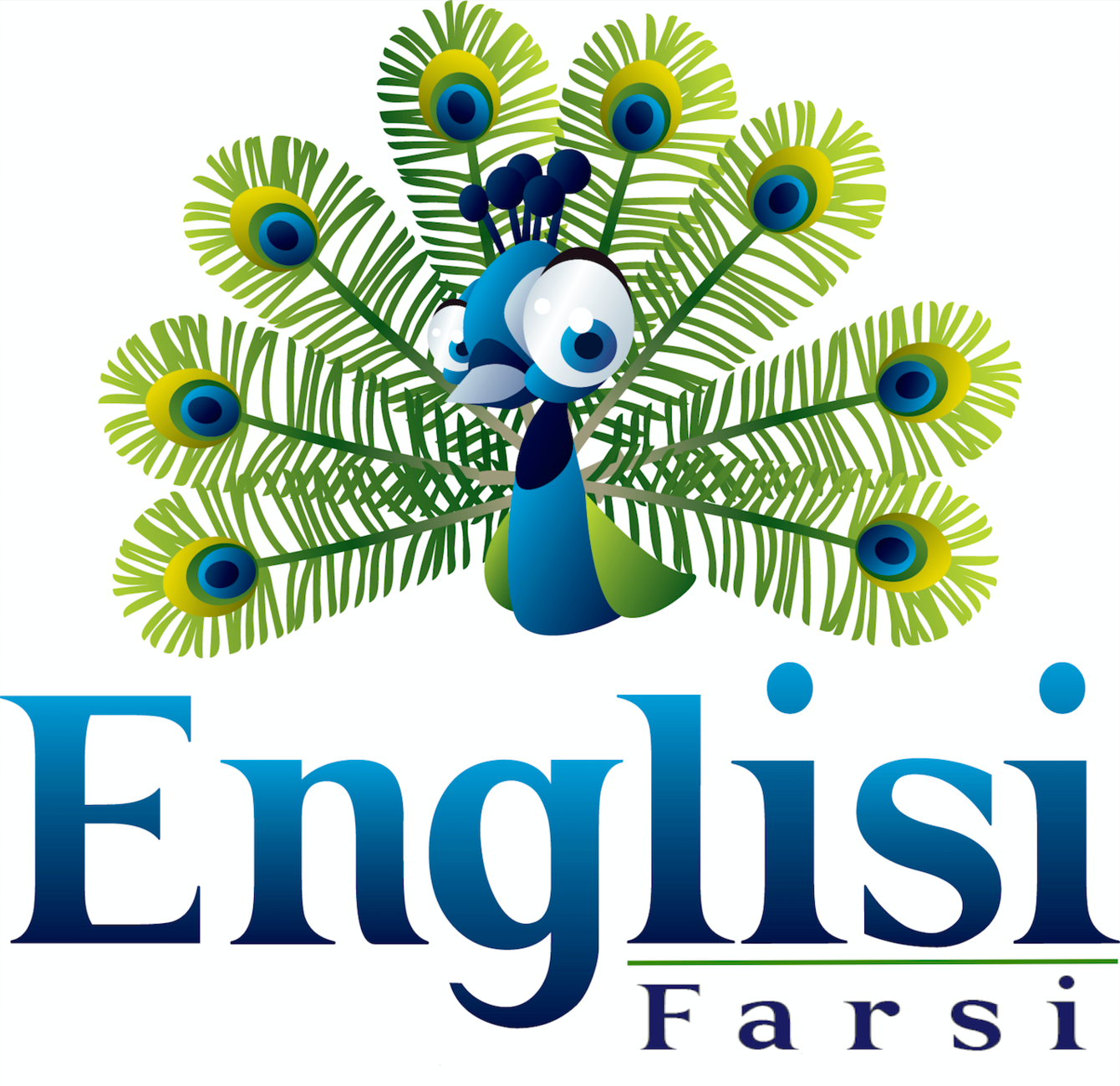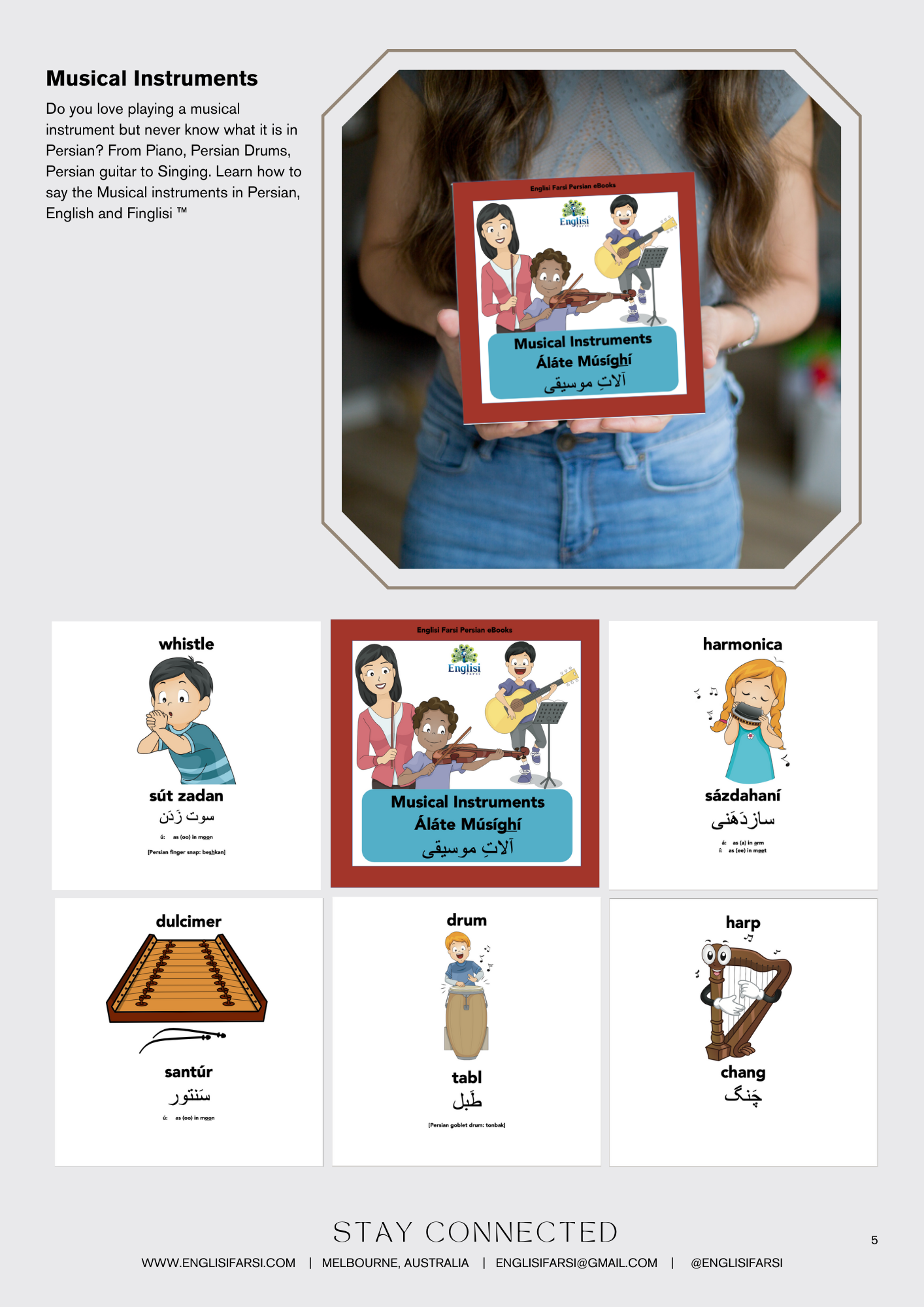My First Baby Book in Persian
My First Persian Baby Book
Children love playing and learning the vocabulary to help make sense of the world around them. You can do this very easily in Persian. The easiest and simplest ways to introduce your child to learning Persian via simultaneous acquisition).

Welcoming a baby into the world is a joyous occasion filled with precious moments and milestones. As parents, we strive to create a nurturing environment for our little ones, and language plays a fundamental role in their development. In this blog post, we will delve into the enchanting world of Persian words for babies. By incorporating Persian vocabulary into our daily interactions, we can enrich their linguistic and cultural experiences while fostering a deeper bond with our Persian heritage.
-
Terms of Endearment: Persian culture is renowned for its warm expressions of affection. Introduce your baby to Persian terms of endearment such as "júnam" (my dear), "jánam" (my soul), or "golam" (my beloved). Use these tender words when speaking to your baby, nurturing a loving connection while introducing them to the beauty of Persian language.
-
Basic Needs and Daily Routines: Teach your baby Persian words related to their basic needs and daily routines. Introduce words like "nún" (bread), "shír" (milk), "neshaste" (sitting), "púshak" (diaper), and "khosh ámadí" (welcome). Incorporate these words during feeding, changing, or playtime, creating a familiar and engaging atmosphere for language learning.
-
Body Parts and Senses: Engage your baby's curiosity by teaching them Persian words for body parts and senses. Introduce words like "dast" (hand), "pá" (foot), "chehre" (face), "cheshm" (eye), and "bíní" (nose). Gently touch or point to each body part while saying the corresponding Persian word, encouraging your baby's sensory and language development.
-
Colors and Shapes: Expand your baby's vocabulary by introducing Persian words for colors and shapes. Teach words like "rang" (color), "sabz" (green), "zard" (yellow), "súratí" (pink), and "dáyere" (circle). Incorporate colorful toys or objects of various shapes into playtime, helping your baby associate the Persian words with visual stimuli.
-
Family Members: Introduce your baby to Persian words for family members, emphasizing their connection to loved ones. Teach words like "mámán" (mom), "bábá" (dad), "kháleh" (aunt), "amú" (uncle), and "dokhtar" (daughter). Create opportunities for your baby to interact with family members and reinforce the use of these Persian terms, strengthening their familial bonds.
-
Animals and Nature: Spark your baby's curiosity about the world by introducing Persian words for animals and nature. Teach words like "gorg" (wolf), "sag" (dog), "morgh" (chicken), "gol" (flower), and "daryá" (sea). Read books or show pictures depicting animals and nature, incorporating the Persian names into your discussions and storytelling sessions.
-
Songs and Rhymes: Harness the power of music and rhymes to introduce Persian words to your baby. Sing traditional Persian lullabies or nursery rhymes that incorporate simple Persian words. Create a soothing and melodic environment, nurturing their language skills while fostering a sense of cultural identity.
Conclusion: Introducing Persian words to your baby is a beautiful way to celebrate their linguistic and cultural heritage. By incorporating these words into their daily routines and interactions, we provide them with a rich and diverse language experience. Let's embark on this linguistic journey together, embracing the magic of Persian words for babies and cultivating a lifelong love for language and culture.
Music is the greatest tool for memorisation.



















